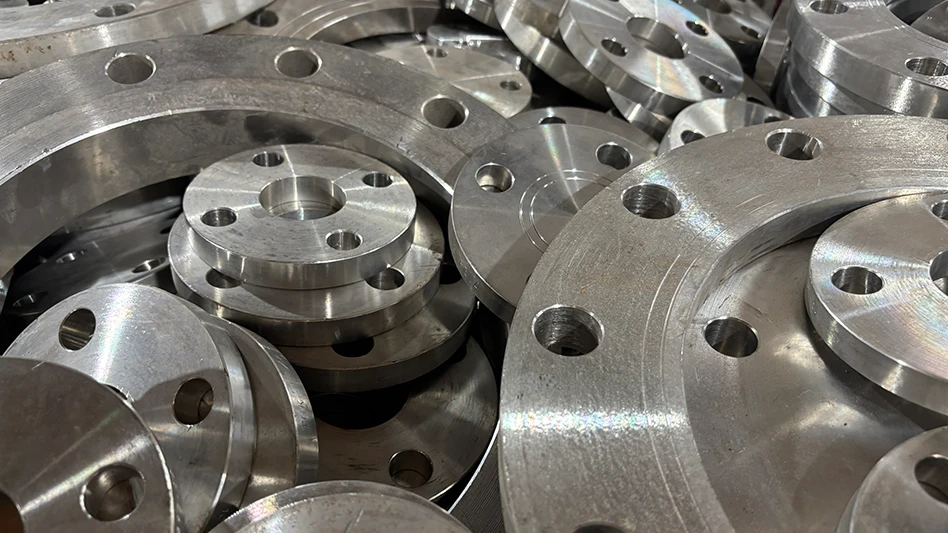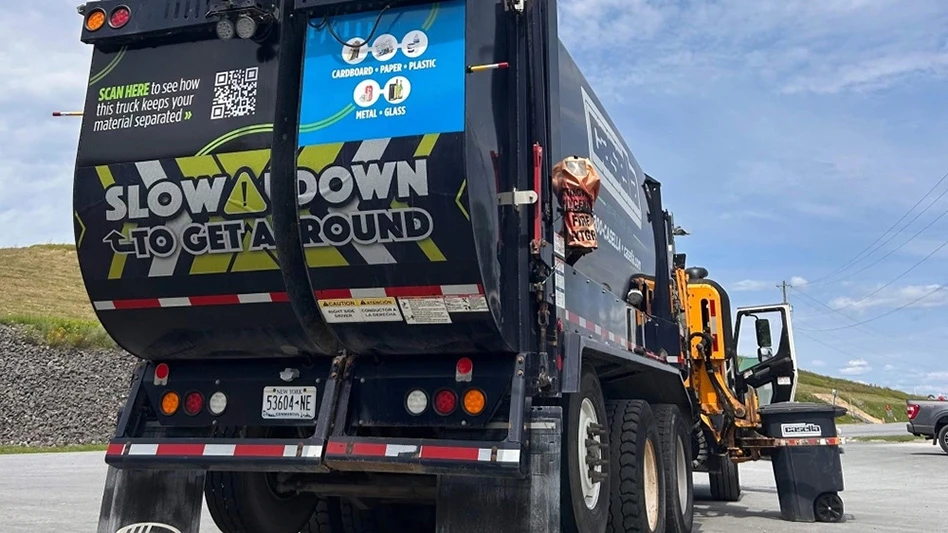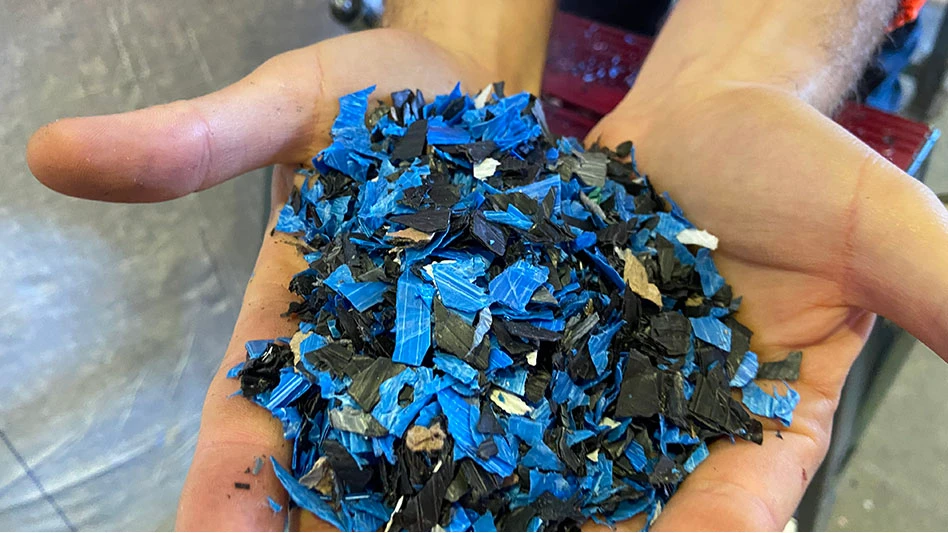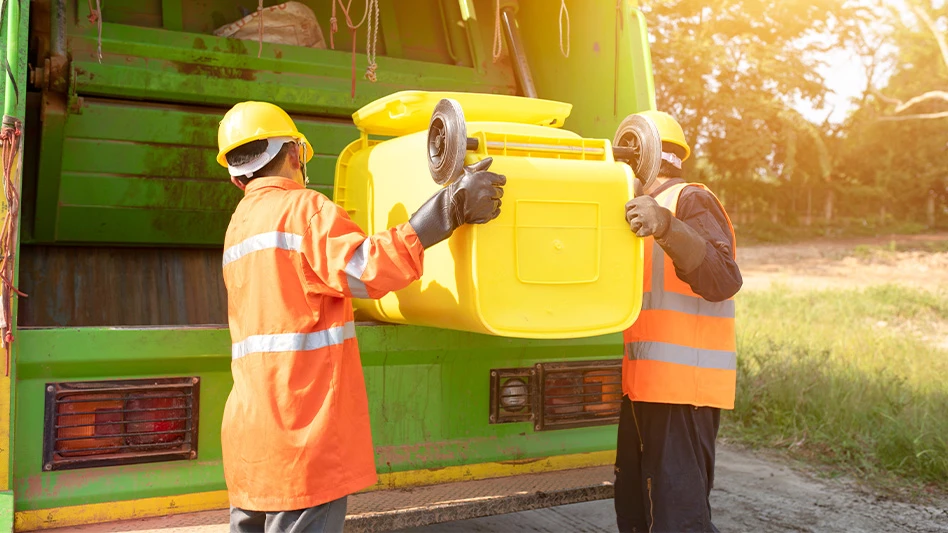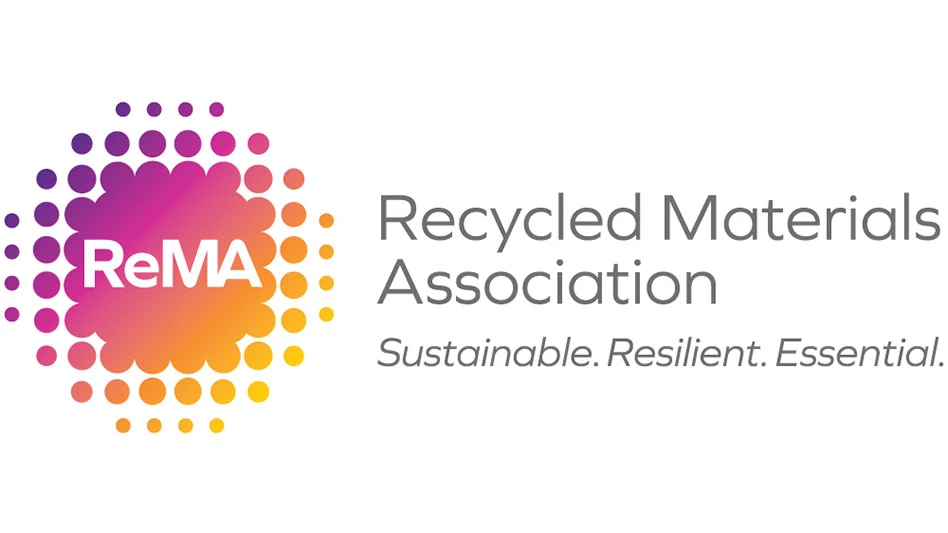
Axion Polymers, a plastics recycling and research firm based in the U.K., has launched a range of what it calls a strong and durable 100% recycled ABS (acrylonitrile butadiene styrene) grade that is suitable for a range of injection-molding applications – particularly in the construction and automotive sectors. The company says the recycled plastic product offers customers cost and carbon savings.
Recovered from the nonmetallic waste fraction from end-of-life vehicles (ELVs), the Axpoly r-ABS resins deliver a carbon footprint saving of two-thirds when compared with virgin ABS made from petrochemical feedstocks, Axion says.
According to the company, a full life cycle analysis (LCA) study of the mechanical recycling process shows a saving of 2.1 tonnes of carbon dioxide for every tonne of ABS produced.
Axion adds that another advantage of using recycled polymers from a U.K.-sourced closed-loop supply chain is the stable and competitive pricing attained because the input raw material costs are not linked to the more volatile oil markets.
Keith Freegard, Axion director, also says some competitors are increasing prices in light of post-Brexit exchange rate changes. “Anyone purchasing polymer from central Europe will be facing around a 15% price increase. Manufactured from feedstocks collected in Britain, our polymers are not affected by exchange rate changes,” Freegard says.
Axion Polymers’ 100% recycled Axpoly plastics are mechanically separated at its Shredder Waste Advanced Processing Plant (SWAPP) in Manchester, U.K., and then further refined at its Salford polymer compounding site. All production batches are traceable to the origin of the raw material as part of an integrated, closed-loop, automotive materials resource recovery system.
“Their traceability enables manufacturers to enhance the green credentials of products such as building products or automotive components, and produce them at a lower cost than using virgin polymers,” says Product Development Technologist Mark Keenan. “Our new r-ABS polymers are ideal for compression load applications and have recently been used to mold load plates for reinforced steel beams as well as strengtheners in the corners of windows.”
“We carried out a benchmarking exercise to compare the physical properties of Axpoly r-ABS with competitive products and with hand-sorted ABS pieces recycled from flat-panel TV displays,” says Pasika Chongcharoentaweesuk, Axion chemical engineer. “The results prove that our advanced recycling processes can deliver a finished product with properties that match the equivalent products in the market and a purity that is as good as laborious hand-sorting operations.”
The properties of the standard recycled ABS grade Axpoly r-ABS52 1009 can be modified to suit a customer’s individual application using the compounding capability and fully equipped materials testing laboratory at Axion’s factory site, the company says.
Latest from Recycling Today
- Vermeer announces plan to build new facility in Des Moines metro area
- PureCycle, Toppan partner on packaging containing PCR
- LKQ to focus on simplification, productivity in uncertain demand environment
- Supreme Court strikes down IEEPA tariffs
- Redwood expands San Francisco R&D footprint
- Constellium posts record Q4 adjusted EBITDA
- QCC torches include customizable features
- Umicore finishes 2025 with increased earnings
